…Alausa Unveils Bold Framework for PPPs, Charges Members to Deliver Lasting Impact for Future Generations
The Federal Ministry of Education has inaugurated a comprehensive reform initiative alongside the establishment of the Ministerial Project Approval Board (MPAB) to strengthen institutional accountability, promote transparency, and accelerate infrastructure development through Public–Private Partnerships (PPPs). The twin initiatives mark a strategic step toward transforming Nigeria’s education sector and improving the quality of teaching, learning, and service delivery nationwide.
Speaking at the inauguration held at the Minister’s Conference Room, the Honourable Minister of Education, Dr. Maruf Tunji Alausa (CON), said the reforms are designed to build stronger, more efficient institutions while eliminating bureaucratic bottlenecks that slow down project delivery. He explained that the MPAB framework aligns with the directive of President Bola Ahmed Tinubu, who recently approved a new threshold for project approvals across Ministries, Departments, and Agencies (MDAs). Under the new arrangement, projects up to ₦20 billion fall within the MPAB’s approval mandate, while projects above ₦20 billion must be approved by the Federal Executive Council (FEC). For parastatals and agencies, projects between ₦10 billion and ₦20 billion will be approved by the supervising Ministry’s PAB, while those requiring multi-agency collaboration remain under FEC’s jurisdiction regardless of value.
Dr. Alausa emphasized that the establishment of the MPAB reflects the Ministry’s commitment to transparency, accountability, and value-driven project execution. He urged members to view their appointment as a national duty and deliver results that will positively shape Nigeria’s education system for generations to come. He noted that addressing infrastructural challenges—such as overcrowded classrooms, inadequate facilities, and unsafe learning environments—demands innovation in financing and collaborative engagement with unions, communities, and stakeholders.
According to him, “No single budget can solve all the challenges facing our education system. What we need is innovation, accountability, and collaboration. This new framework provides the structure to achieve that.” The Minister reiterated that the reforms will streamline procurement processes, strengthen public–private partnerships, and clarify institutional responsibilities, enabling greater efficiency in governance and service delivery.
The composition of the Ministerial Project Approval Board (MPAB) includes:
Honourable Minister of Education – Chairman
Honourable Minister of State for Education – Co-Chairman
Permanent Secretary – Member
Director, Special Duties – Member
Director, Legal Services – Member
Director, Procurement – Member
Director of the User Department (as project-specific participant) – Member
A relevant nominee – Member
Deputy Director, Public–Private Partnership (PPP) – Secretary to the Board
In his remarks, the Permanent Secretary, Mr. Abel Olamuyiwa Enitan, described the inauguration as a landmark achievement in improving transparency, efficiency, and global best practices in project management. He emphasized that PPPs are vital for unlocking investment, advancing digital learning, and expanding educational infrastructure across all levels.
Similarly, Hajiya Binta Abdulkadir, Director of Senior Secondary Education, presented a PPP proposal for the Federal Government College, Kano, showcasing the MPAB’s immediate operational focus and the type of transformative projects expected under the new framework.
Dr. Alausa expressed confidence that, with the sustained support of the President, the Ministry, and all stakeholders, the reforms will strengthen Nigeria’s education system, promote accountability, and transform schools into safe, vibrant centres of learning and excellence.
Boriowo Folasade
Director, Press and Public Relations



































































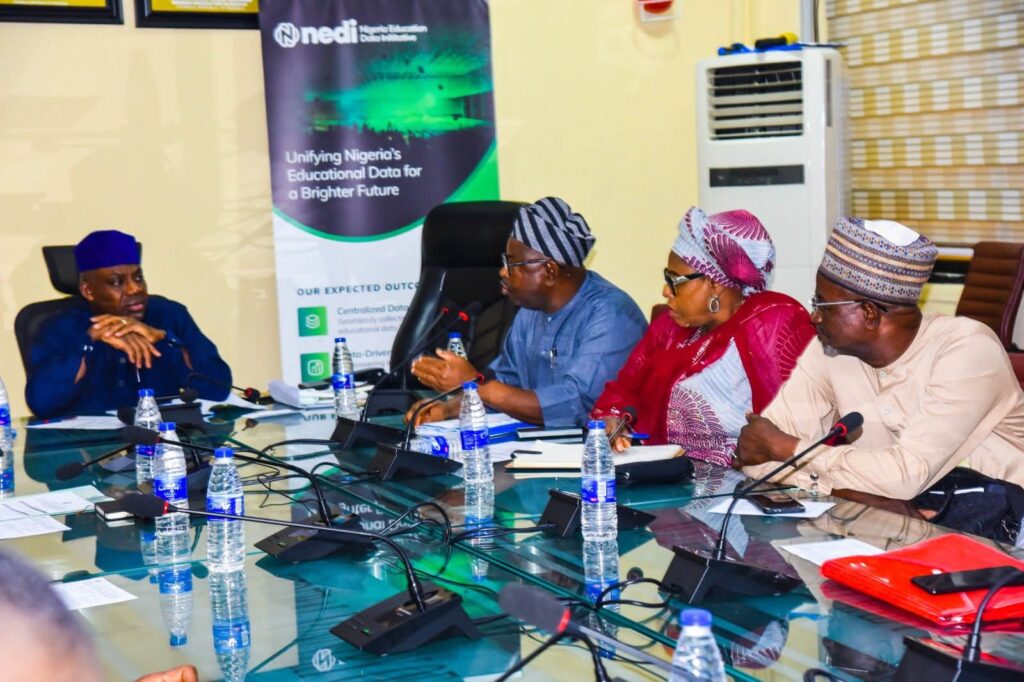
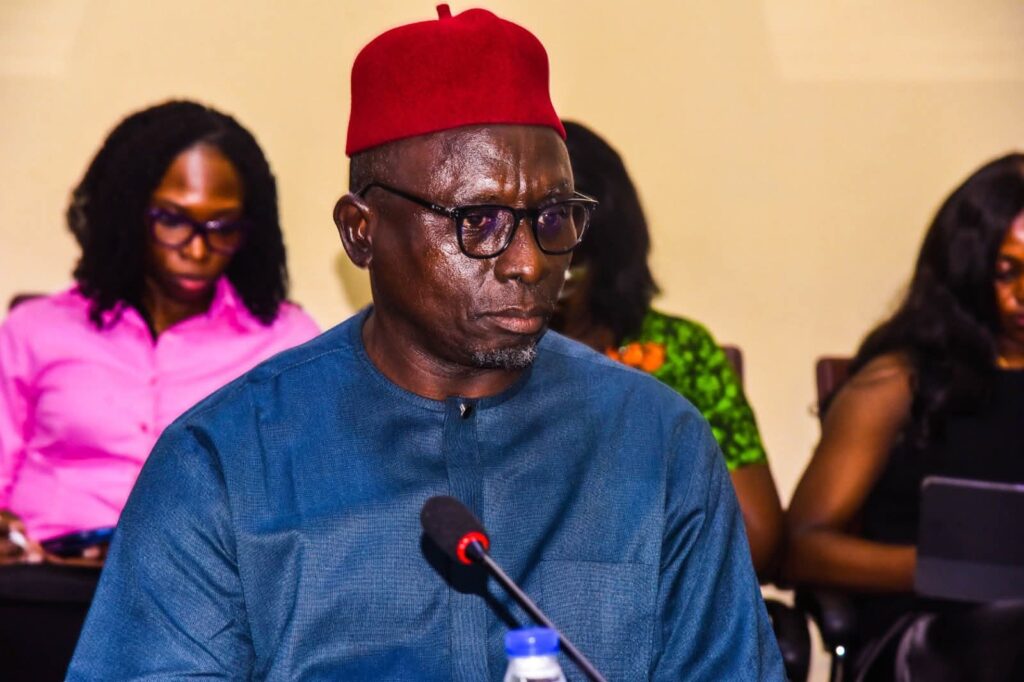
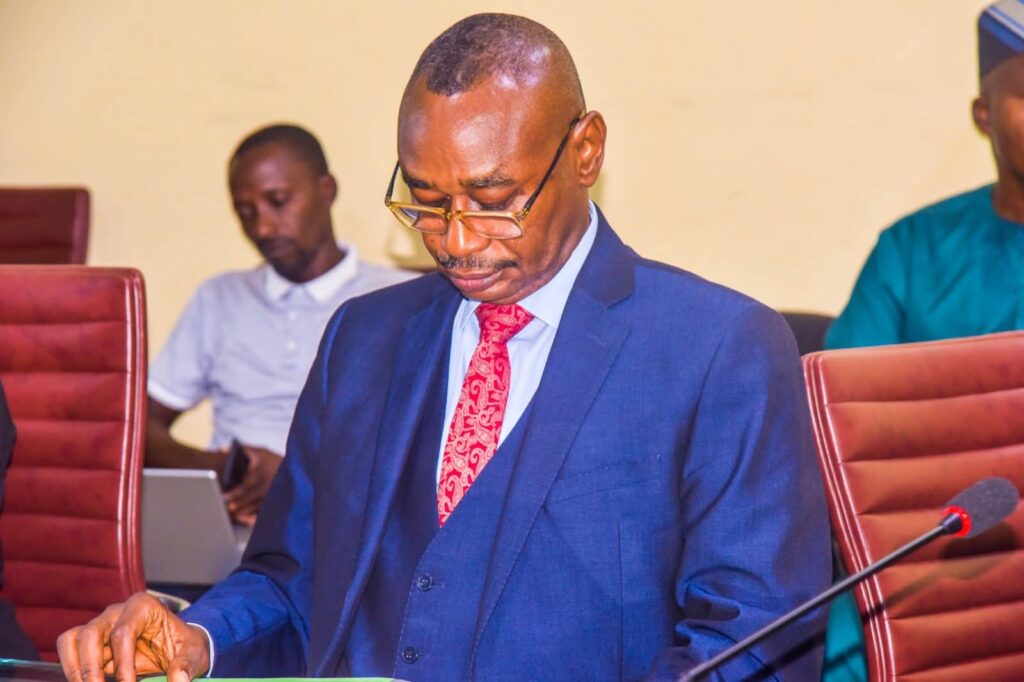
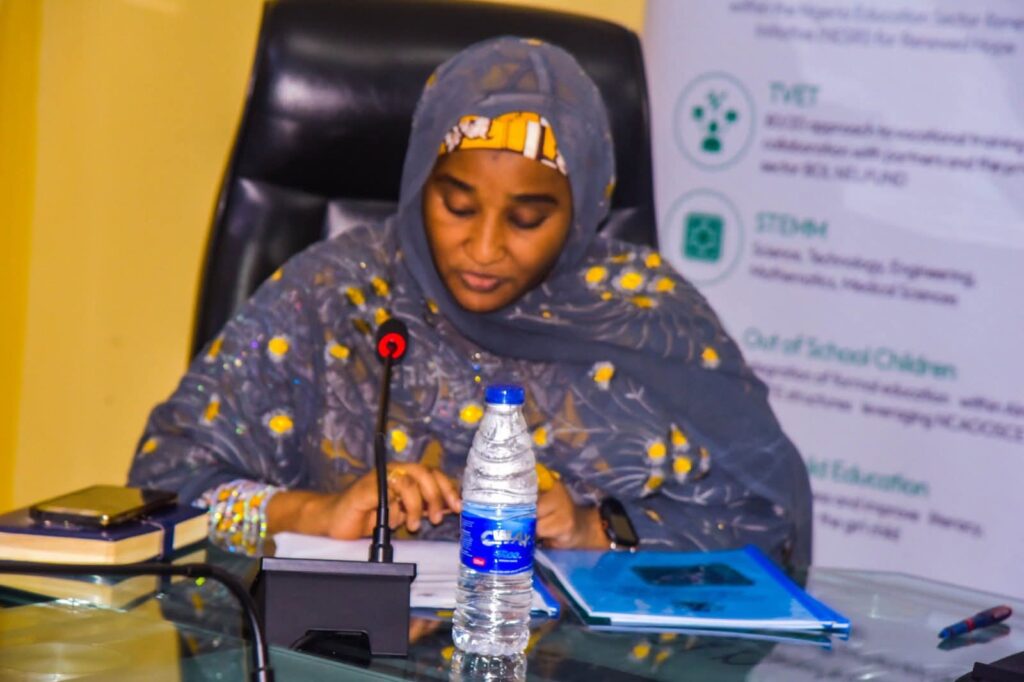
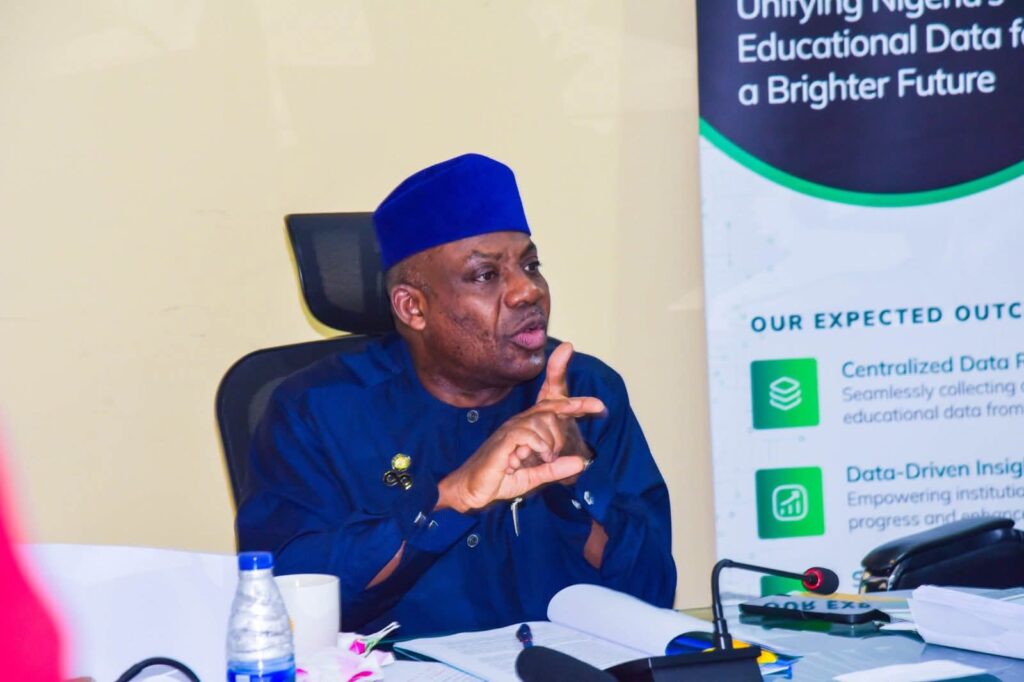
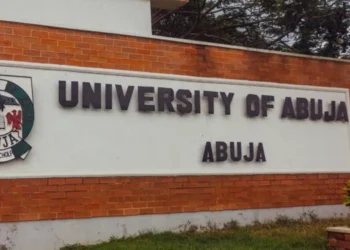
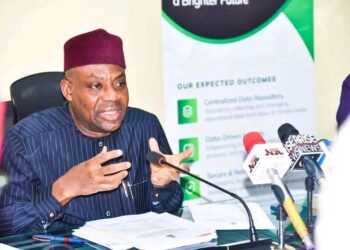



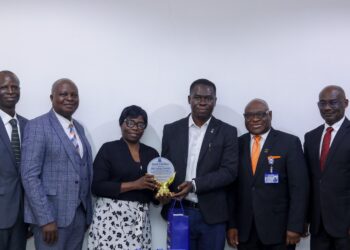










 EduTimes Africa, a product of Education Times Africa, is a magazine publication that aims to lend its support to close the yawning gap in Africa's educational development.
EduTimes Africa, a product of Education Times Africa, is a magazine publication that aims to lend its support to close the yawning gap in Africa's educational development.